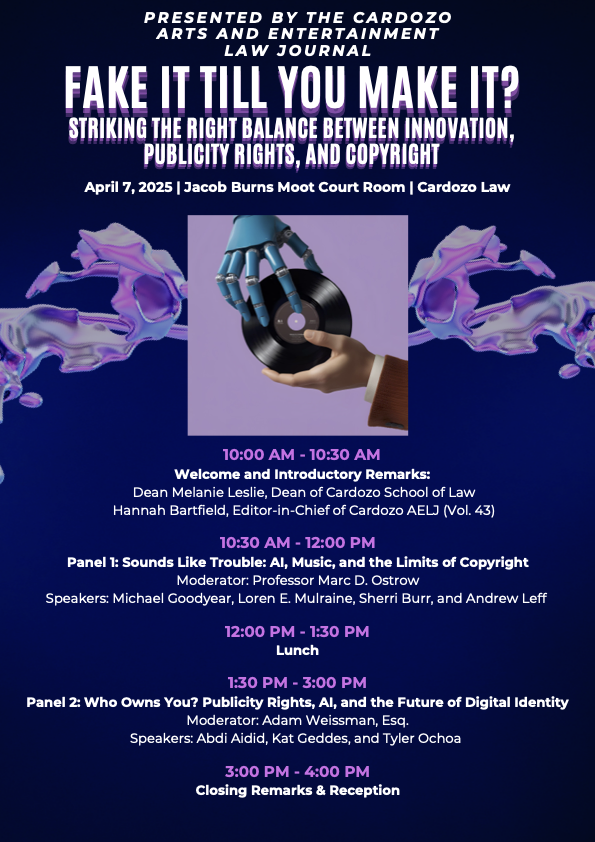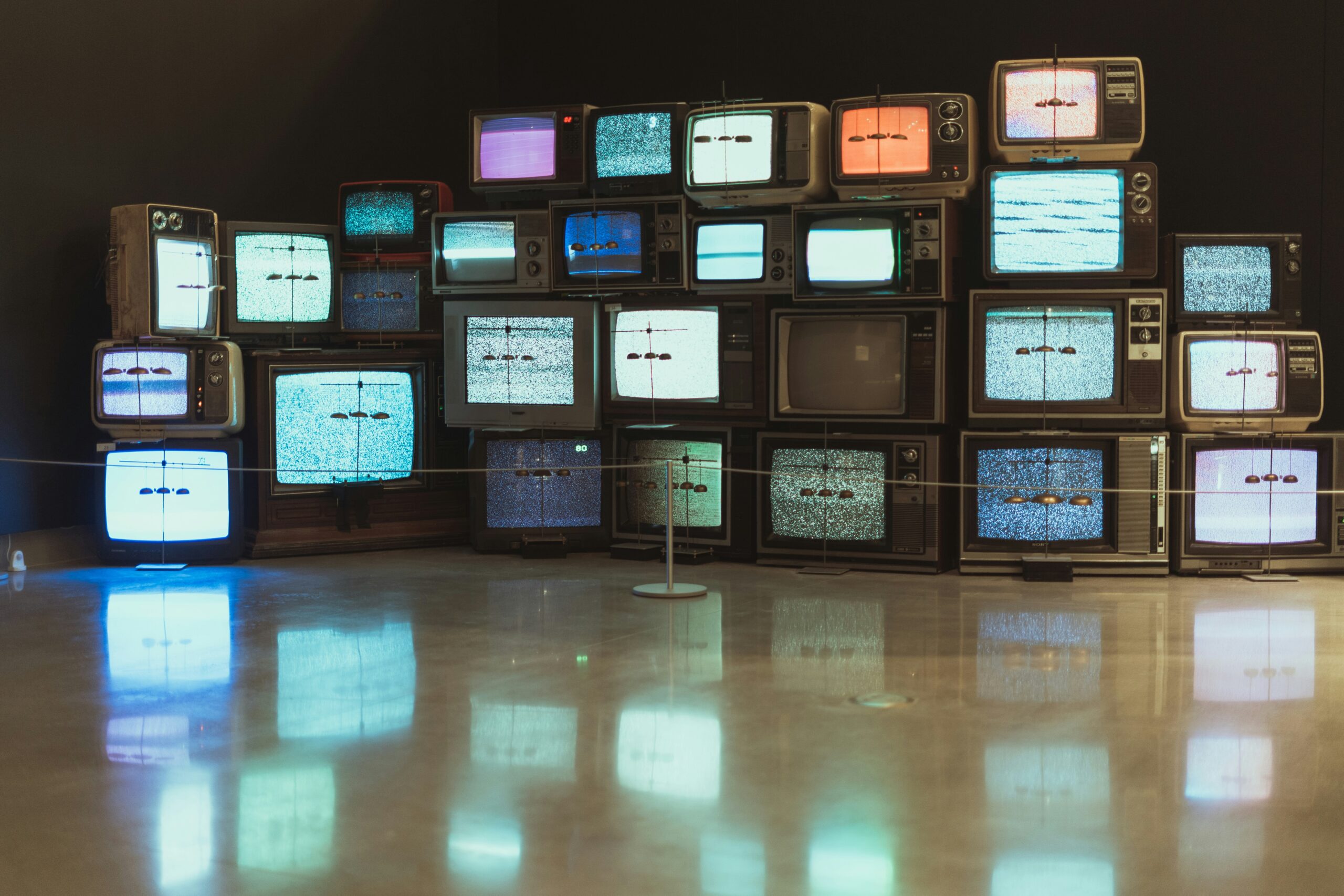Shigetaka Kurita had a goal in mind when he set out to create the emoji: to invent a quick and simple way to express emotion without words. [1] Emojis are defined as “[a] small digital pictograph used in electronic communication to express a wide range of emotion and ideas” and are based on Japanese characters. [2] In the past several years, emojis have become popular on many platforms, such as Apple and Android phones, as well as social media sites like Twitter and Facebook. [3] Recently, users have embraced Apple’s decision to add new emojis, such as those depicting different races and homosexual couples. According to Time magazine, the United States Supreme Court decision to overturn DOMA was influential in these emojis appearing on Facebook, and the emojis depicting same-sex couples were first released with Apple’s iOS 8.3. [4,5] But, while these pictures have become globally recognized and are often a way of connecting across cultures, not every country is enthusiastic about their impact.
Recently, emojis have begun to have a significant effect on the law. These images have become relevant in many United States court cases, where judges have grappled with whether or not emojis should be used as evidence in criminal trials, and if so, how these pictures should be defined. [6] This includes the upcoming Elonis trial which will by heard Supreme Court this month. [7] In Elonis, Anthony Elonis posted rap lyrics which arguably were also threats to his wife’s life. Although First Amendment rights are the main issue, the intent behind the posts will be an important factor. This becomes complicated by the fact that one of the posts ended with a tongue-sticking-out emoji, which Elonis’s lawyer argued negates the seriousness of his post. [8] Russia, however, has dealt with a much different legal battle with emojis; emojis which depict same-sex couples may be banned, and Apple may be sued for promoting these “non-traditional” images. [9]
In Russia, it is a crime for both citizens and foreigners in the country to partake in “homosexual propaganda.” [10] The law essentially states that “[p]ropaganda is the act of distributing information among minors that 1) is aimed at the creating nontraditional sexual attitudes, 2) makes nontraditional sexual relations attractive, 3) equates the social value of traditional and nontraditional sexual relations, or 4) creates an interest in nontraditional sexual relations.” [11] This law was passed unanimously in 2013, 436-0 in the Duma and 137-0 in the Federation Council, “with roughly eighty-eight percent of respondents voicing support for the bill in public polling.” [12] It is specifically targeted at “protect[ing] children from information harmful to their health and development.” [13]
This is not the first time that homosexual propaganda has been questioned since the law was passed. Apple was brought into question by the Russian government when they released U2’s album to many unsuspecting customers earlier this year, as the album cover showed two shirtless men. [14] (It actually depicts “the band’s drummer embracing his 18-year-old son.”) [15] Conversely, although it has since been fixed and declared a ‘bug’ by Apple, the Russian version of Siri’s views on homosexuality appeared to align with the Russian agenda, and Siri refused to answer questions about gay clubs in the area of the user, as well as questions regarding gay rights. [16] Arguably, then, it appears that Apple has an understanding of what is deemed acceptable in Russian culture—but will these emojis be found to be impermissible by the Russian government?
Russian Senator Mikhail Marchenko has stated that the emojis that are currently on Facebook and Apple products may be propaganda, and studies are currently being done as to their influence. [17] Denis Davydov, “chairman of the Young Guard — the youth wing of Putin’s United Russian Party,” stated that “the impact of these emojis will be determined by psychologists.” [18] As for potential sanctions, “Under Russian law, the agency is able to block Russians from accessing websites that are found promoting homosexuality among minors. It can also impose fines against those websites for failing to comply with the legislation.” [19] Apple may also incur “fine[s] up to 1 million roubles ($15,000) and face a country-wide ban on its goods if it does not pay the resulting fine.” [20]
According to President Putin, “Some countries … think that there is no need to protect children from this. We do. We are not going to interfere,” he said. “But we are going to provide such protection the way that State Duma lawmakers have decided.” [21] But, in an increasingly interconnected world where values do not always translate between countries, what will the ramifications be for technology and social media? Potentially banning Facebook and emojis from Russia could have a major impact on international communications, and would clearly mean a downturn in profit for both Apple and Facebook. And, more importantly, the compromise to human rights is evident. “Opponents…insist that child-protective laws’ dubious impact on the morality of children is grossly outweighed by the dramatic and immediate constraints that these laws place on the rights of LGBT persons.” [22] At this point, with the laws that are in place and the fact that they are ambiguous as to what constitutes “propaganda”, it does not seem that there is much hope for freedom of expression through emojis in Russia. (sad face emoji). [23]
Margaret Mary Ochner is a second-year law student at the Benjamin N. Cardozo School of Law and a Staff Editor of the Cardozo Arts & Entertainment Law Journal. She is the treasurer of the Cardozo Acappellates and is interested in pursuing a career in family law.
https://www.linkedin.com/pub/margaret-mary-ochner/80/b8a/24a
1. Jeff Blagdon, How Emoji Conquered the World, THE VERGE, (March 4, 2013), http://www.theverge.com/2013/3/4/3966140/how-emoji-conquered-the-world.
2. Id., Mamiko Nakano, Why and How I Created the Emoji, IGNITION, http://ignition.co/105 (last visited Oct. 9, 2015).
3. Id.
4. Simon Shuster, Russia Is Investigating if Gay Emojis Break Its Laws, TIME, (July 31, 2015), http://time.com/3979959/russia-gay-emojis/.
5. Nick Holdsworth, Apple Under Investigation in Russia for Gay Emojis, HOLLYWOOD REPORTER, (September 28, 2015), http://www.hollywoodreporter.com/news/apple-gay-emojis-russian-authorities-827596.
6. Faye Whiston, Emojis as Evidence: Recent Developments, BERKLEY TECHNOLOGY LAW JOURNAL, (April 15, 2015), http://btlj.org/2015/04/emojis-as-evidence-recent-developments/.
7. Adam Liptak, On the Next Docket: How the First Amendment Applies to Social Media, NY TIMES, (June 30, 2014), http://www.nytimes.com/2014/07/01/us/politics/supreme-court-facebook-rap-lyrics-free-speech.html?_r=1.
8. Id.
9. Jason Hahn, Apple Could Be in Trouble in Russia for Its Same-Sex Emojis, DIGITAL TRENDS, (Sept. 27, 2015), http://www.digitaltrends.com/apple/russian-police-investigating-apple-for-using-same-sex-emojis-to-promote-gay-propaganda/.
10. Supra note 4
11. Innokenty Grekov, Russia’s Anti-Gay Law, Spelled Out in Plain English, POLICY MIC, (August 8, 2013), http://mic.com/articles/58649/russia-s-anti-gay-law-spelled-out-in-plain-english.
12. Ryan Thoreson, Comment, From Child Protection to Children’s Rights: Rethinking Homosexual Propaganda Bans in Human Rights Law, 124 Yale L. J. 882-1345, (Jan.-Feb. 2015), available at http://www.yalelawjournal.org/comment/homosexual-propaganda-bans-in-human-rights-law.
13. Tim Marcin, Putin Could Ban ‘Gay Emojis’ In Russia, INTERNATIONAL BUSINESS TIMES, (July 31, 2015), http://www.ibtimes.com/putin-could-ban-gay-emojis-russia-2033359.
14. U2’s Album Release Via Apple Is ‘Gay Propaganda,’ Russian Lawmaker Claims, HUFFINGTON POST, (April 30, 2015), http://www.huffingtonpost.com/2015/04/30/u2-russia-gay-propaganda-_n_7181682.html.
15. Id.
16. Anne-Marie Tomchak, Does Russian-language Siri have a problem with gays?, BBC NEWS, (April 15, 2015), http://www.bbc.com/news/blogs-trending-32308428.
17. Cara Rose DeFabio, Emoji Censorship is now an actual political problem, FUSION, (Aug. 7, 2015), http://fusion.net/story/179306/emoji-censorship/.
18. Russia Wants to Ban “Gay” Emojis, LGBTQ NATION, (July 31, 2015), http://www.lgbtqnation.com/2015/07/russia-wants-to-ban-gay-emojis/.
19. Supra note 4
20. Damien Sharkov, Russian Police Investigate Apple Over Gay Emojis, NEWSWEEK, (September 25, 2015), http://europe.newsweek.com/russian-police-investigate-apple-over-gay-emojis-333651.
21. Putin Signs ‘Gay Propaganda’ Ban and Law Criminalizing Insult of Religious Feelings, (June 30, 2013), https://www.rt.com/politics/putin-law-gay-religious-457/.
22. Supra note 14
23. Supra note 12



